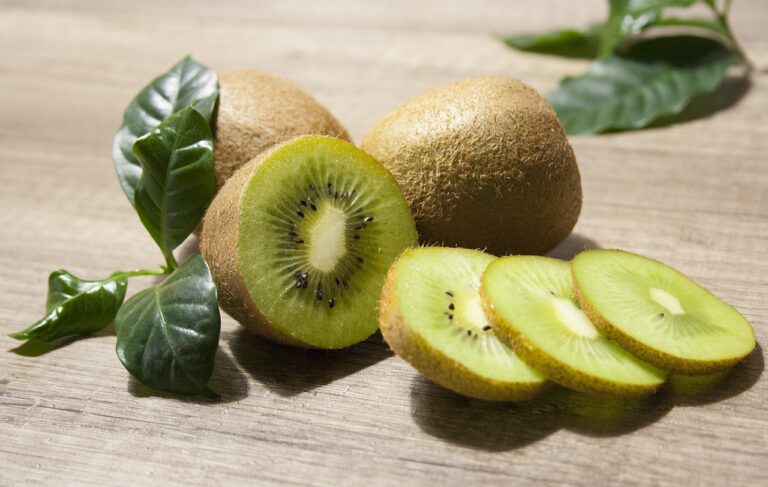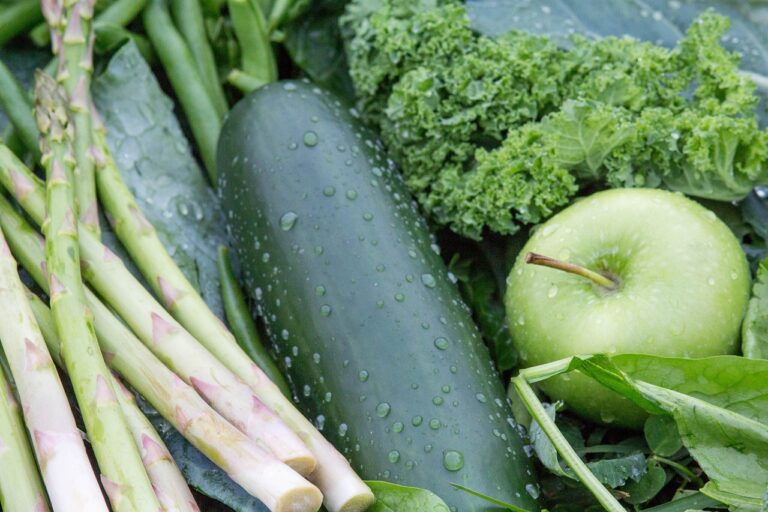Grapes, often referred to as the “queen of fruits,” are more than just a delicious snack. They are a powerhouse of essential nutrients and antioxidants, offering numerous benefits for skin and health. In this blog, we will delve into the myriad advantages of incorporating grapes into your diet, focusing particularly on the benefits of eating grapes for skin and overall well-being. Whether enjoyed fresh, dried, or as juice, the humble grape is packed with compounds that can improve your health in remarkable ways. By understanding the benefits of eating grapes for skin and health, you can make informed choices that contribute to a healthier lifestyle.

Contents
ToggleThe Benefits of Eating Grapes for Skin and Health
Nutritional Profile of Grapes
Before we explore the specific benefits, let’s take a closer look at the nutritional composition of grapes. Grapes are rich in:
- Vitamins: Particularly vitamins C, K, and B6.
- Minerals: Such as potassium, copper, and manganese.
- Antioxidants: Including flavonoids, resveratrol, and quercetin.
- Dietary Fiber: Which aids in digestion.
This impressive nutritional profile underpins the numerous benefits of eating grapes for skin and health.
Benefits of Eating Grapes for Skin
1. Rich in Antioxidants
Grapes are loaded with antioxidants, particularly resveratrol, which is known for its anti-aging properties. These antioxidants help protect the skin from the harmful effects of free radicals, which can cause premature aging and skin damage.
2. Hydration
Grapes have a high water content, which helps keep the skin hydrated. Proper hydration is essential for maintaining a healthy and glowing complexion.
3. Anti-Aging Properties
The resveratrol in grapes not only protects against free radicals but also boosts the production of collagen and elastin, which are vital for maintaining skin elasticity and preventing wrinkles.
4. Improved Skin Texture
Regular consumption of grapes can lead to smoother and softer skin due to the presence of vitamins C and E. These vitamins play a crucial role in maintaining skin texture and preventing dryness.
5. Natural Exfoliation
The natural acids in grapes act as gentle exfoliants, helping to remove dead skin cells and reveal a brighter complexion. This makes grapes an excellent addition to your skincare routine.
6. Sun Protection
While not a substitute for sunscreen, the antioxidants in grapes, particularly resveratrol and quercetin, can provide a degree of protection against UV damage, reducing the risk of sunburn and long-term sun damage.
7. Reduction of Dark Spots
The vitamin C in grapes helps to lighten dark spots and pigmentation, promoting an even skin tone. This is particularly beneficial for those dealing with hyperpigmentation issues.
8. Anti-Inflammatory Properties
Grapes contain anti-inflammatory compounds that can help reduce skin inflammation and redness, making them beneficial for conditions like acne and rosacea.
Benefits of Eating Grapes for Overall Health
1. Cardiovascular Health
Grapes are heart-healthy fruits. The antioxidants in grapes help reduce bad cholesterol (LDL) levels and improve good cholesterol (HDL) levels, promoting better heart health. Additionally, the potassium in grapes helps regulate blood pressure.
2. Boosting Immunity
Grapes are rich in vitamins C and K, both of which are essential for a strong immune system. Regular consumption of grapes can help fend off common illnesses and infections.
3. Anti-Cancer Properties
The resveratrol in grapes has been studied for its potential to prevent various types of cancer. This powerful antioxidant inhibits the growth of cancer cells and reduces the risk of tumors.
4. Improved Digestion
Grapes are high in dietary fiber, which is crucial for maintaining a healthy digestive system. They help prevent constipation and promote regular bowel movements.
5. Weight Management
Despite their sweetness, grapes are relatively low in calories and can be a healthy snack option for those looking to manage their weight. The fiber content also helps in feeling full and reducing overall calorie intake.
6. Brain Health
The antioxidants in grapes, particularly resveratrol, have been shown to improve brain function and protect against neurodegenerative diseases. Regular consumption of grapes can enhance memory and cognitive function.
7. Bone Health
Grapes contain essential minerals like calcium, magnesium, and phosphorus, which are vital for maintaining strong and healthy bones. Vitamin K in grapes also plays a crucial role in bone health by improving calcium absorption.
8. Eye Health
The antioxidants in grapes, such as lutein and zeaxanthin, are beneficial for eye health. They help protect the eyes from oxidative stress and reduce the risk of age-related macular degeneration and cataracts.
9. Anti-Inflammatory Benefits
Chronic inflammation is a precursor to many diseases. The anti-inflammatory properties of grapes can help reduce inflammation throughout the body, potentially lowering the risk of conditions like arthritis and inflammatory bowel disease.
10. Enhanced Liver Function
Grapes have detoxifying properties that can improve liver function. The antioxidants help cleanse the liver and eliminate toxins, promoting overall health and well-being.
Incorporating Grapes into Your Diet
There are numerous ways to enjoy the benefits of eating grapes for skin and health. Here are some ideas:
- Fresh Grapes: Enjoy them as a snack or add them to salads for a sweet and tangy flavor.
- Grape Juice: Opt for 100% pure grape juice without added sugars to maximize health benefits.
- Dried Grapes (Raisins): A great addition to cereals, yogurts, and baked goods.
- Smoothies: Blend grapes with other fruits and vegetables for a nutritious and refreshing drink.
- Grapeseed Oil: Use it as a cooking oil or in salad dressings for an added health boost.
The benefits of eating grapes for skin and health are numerous and well-documented. From improving skin texture and hydration to promoting cardiovascular health and boosting immunity, grapes are a versatile and nutritious addition to any diet. By incorporating grapes into your daily routine, you can enjoy a host of health benefits that contribute to overall well-being. So, the next time you’re looking for a healthy snack, reach for a bunch of grapes and savor the many advantages they offer.
Trendy Apps About Health And Food
If you are a health enthusiastic then you might wanna try some best trendy apps to help you with your food and health.
MyFitnessPal
MyFitnessPal is renowned for its comprehensive food database, which includes over 14 million foods. It makes food logging easy with features like barcode scanning and a robust breakdown of daily macronutrient intake. This app is ideal for those looking to track their food intake meticulously and gain insights into their nutritional habits.
Fooducate
Fooducate focuses on not just calorie counting but also the quality of calories consumed. It provides detailed nutritional information and assigns grades to foods based on their healthiness. The app also offers community support and educational tips on nutrition, making it a great choice for those who want to learn more about healthy eating and improve their dietary choices.
PlateJoy
PlateJoy offers personalized meal plans designed by nutritionists, catering to various dietary preferences and restrictions. The app generates shopping lists and can integrate with grocery delivery services. It’s especially beneficial for those with specific dietary needs, such as diabetics or individuals on low FODMAP plans, providing tailored meal plans that align with their health goals.
People Also Ask
1. What are the benefits of eating grapes for skin?
Eating grapes offers numerous benefits for skin health due to their rich content of antioxidants, vitamins, and natural acids. Grapes help hydrate the skin, protect against UV damage, reduce inflammation, and improve overall skin texture. They also contain resveratrol, which has anti-aging properties, and vitamin C, which helps lighten dark spots and promote an even skin tone.
2. How do grapes help in improving heart health?
Grapes are beneficial for heart health because they contain antioxidants like resveratrol, which help reduce bad cholesterol (LDL) levels and improve good cholesterol (HDL) levels. They also contain potassium, which helps regulate blood pressure. These factors combined contribute to a healthier cardiovascular system and lower the risk of heart disease.
3. Can eating grapes aid in weight management?
Yes, eating grapes can aid in weight management. Despite their sweetness, grapes are relatively low in calories and high in water content, making them a satisfying and low-calorie snack option. The dietary fiber in grapes helps promote a feeling of fullness, which can reduce overall calorie intake and support weight management efforts.






[…] […]
[…] Calcium plays a pivotal role in our body, serving as an essential nutrient that supports numerous physiological functions. This vital mineral is renowned for its contribution to bone health, but its… Read More […]
[…] Calcium plays a pivotal role in our body, serving as an essential nutrient that supports numerous physiological functions. This vital mineral is renowned for its contribution to bone health, but its… Read More […]
[…] Calcium plays a pivotal role in our body, serving as an essential nutrient that supports numerous physiological functions. This vital mineral is renowned for its contribution to bone health, but its… Read More […]